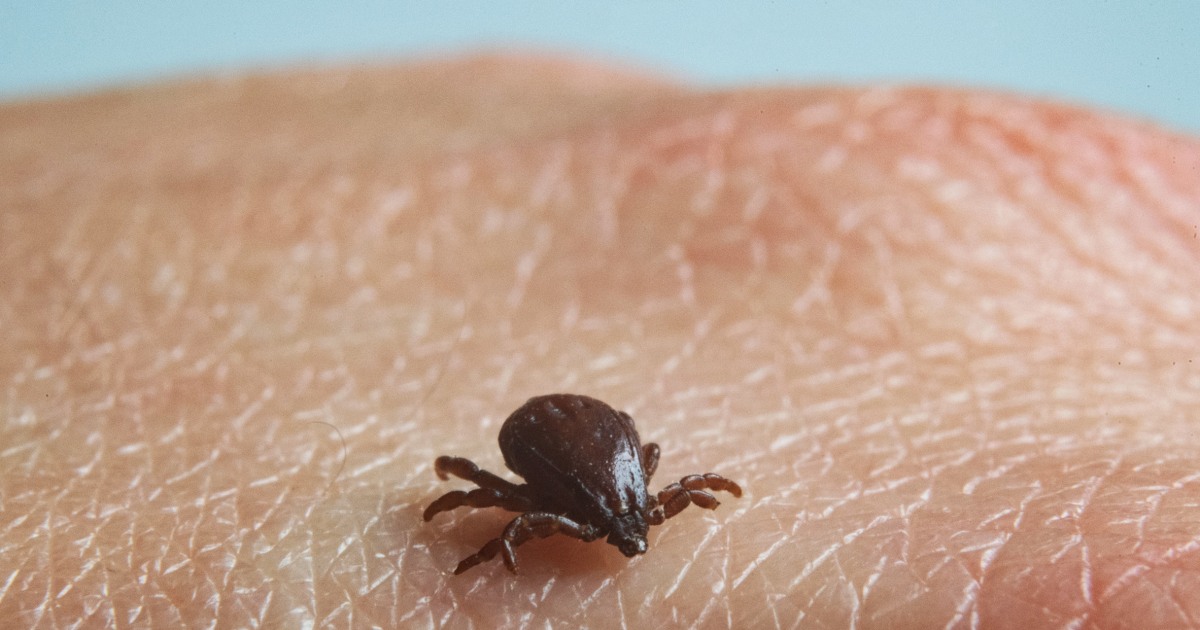
The Centers for Disease Control and Prevention is warning people who are traveling to the Baja California region of Mexico to watch out for ticks that could spread Rocky Mountain spotted fever.
The travel advisory, issued Friday, comes after a person from San Diego died from the disease. The person had traveled to Baja California before becoming sick, according to San Diego County public health officials. No other information is known about the patient. The last time someone died in San Diego from the tick-borne disease was in 2014, officials said.
In its notice posted online, the CDC said it has received reports of Rocky Mountain spotted fever in travelers to the U.S. from Baja California, though it was unclear how many people have been sickened. The travel notice did not recommend that Americans avoid traveling to Mexico or reconsider plans to travel to the area.
While several types of ticks can spread Rocky Mountain spotted fever in different parts of the country, the brown dog tick is responsible for the illness in the southwestern U.S. and in Mexico and is found there year-round. Dogs often carry the infected ticks.
Other types of ticks around the nation may also be active during the winter because of warming global temperatures. Ticks can also spread Lyme disease and alpha-gal syndrome, which causes an allergy to red meat.
Symptoms of Rocky Mountain spotted fever include:
- High fever
- Severe headache
- Muscle pain
- Nausea or vomiting
- Swelling around the eyes or on the back of hands
- Small, flat, reddish spots may pop up on the arms and legs before spreading to the trunk. The rash is not known to be itchy.
It is not spread from person to person.
Quick treatment is critical. The CDC said that the disease can kill within five days after the tick bite unless it’s treated with antibiotics.
Health officials in San Diego recommend using insect repellent and checking for ticks, including pets, after outdoor activities.
“If a person develops a rash or fever after being bitten, they should see a doctor, tell them about the tick bite, when they were bitten, and where they think it happened,” the officials wrote online.






